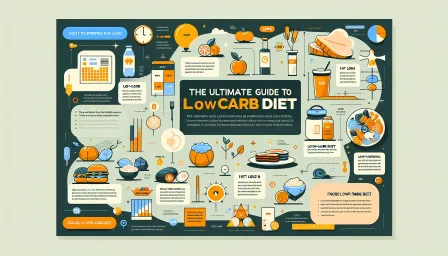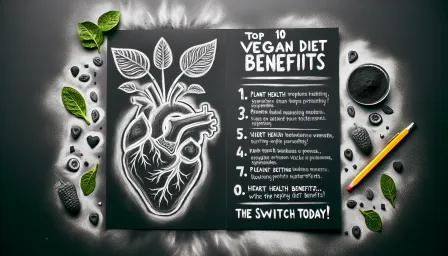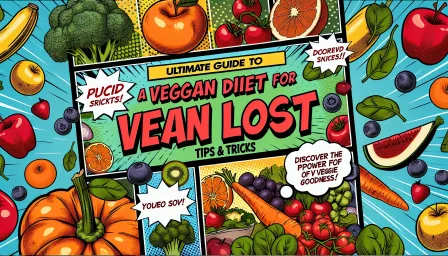Exploring the Benefits: Vegetarian Diet and Mediterranean Diet Compared

Delve into the benefits of a Vegetarian diet and Mediterranean diet. Understand their differences, health benefits, and how to choose the right one for you.
As more people seek healthier lifestyles, the popularity of specific diets has grown. Among these, the vegetarian diet and the Mediterranean diet consistently make headlines. Both diets are celebrated for their health benefits, but they differ in several ways. In this article, we will compare these two nutritional pathways (vegetarian diet and Mediterranean diet) to help you make an informed decision.
Understanding the Vegetarian Diet
The vegetarian diet excludes meat, fish, and poultry but allows dairy products and eggs, depending on the type of vegetarianism practiced. There are several variations, such as lacto-vegetarian, ovo-vegetarian, and lacto-ovo-vegetarian diets.
Key Benefits of a Vegetarian Diet
- Reduced Risk of Chronic Diseases: Studies have shown that a vegetarian diet can lower the risk of heart disease, hypertension, type 2 diabetes, and certain cancers. This is largely due to its high content of fruits, vegetables, whole grains, nuts, and legumes.
- Weight Management: Many people find it easier to maintain a healthy weight on a vegetarian diet due to its emphasis on low-calorie, nutrient-dense foods.
- Environmental Impact: A vegetarian diet has a smaller carbon footprint compared to a meat-based diet, making it a more sustainable choice.
Understanding the Mediterranean Diet
The Mediterranean diet is based on the traditional eating patterns of countries bordering the Mediterranean Sea, such as Greece, Italy, and Spain. It emphasizes whole foods, including fruits, vegetables, whole grains, nuts, seeds, and healthy fats like olive oil. Moderate consumption of fish, poultry, dairy, and red wine is also encouraged.
Key Benefits of the Mediterranean Diet
- Cardiovascular Health: The Mediterranean diet is renowned for its heart-protective benefits. The healthy fats, primarily from olive oil and fish, help reduce bad cholesterol levels and lower the risk of heart disease.
- Longevity: Research indicates that the Mediterranean diet is associated with a longer life expectancy, thanks to its balanced and nutrient-rich food choices.
- Cognitive Function: The diet’s emphasis on antioxidants, healthy fats, and anti-inflammatory foods is linked to better brain health and a lower risk of cognitive decline and Alzheimer's disease.
Comparing Nutritional Profiles
Both the vegetarian diet and the Mediterranean diet boast impressive nutritional profiles:
| Component | Vegetarian Diet | Mediterranean Diet |
|---|---|---|
| Fruits and Vegetables | High | High |
| Whole Grains | High | Moderate to High |
| Protein | Plant-based (e.g., beans, lentils, nuts) | Mixed (e.g., fish, poultry, legumes) |
| Healthy Fats | Depends on the inclusion of nuts and seeds | High (e.g., olive oil, fatty fish) |
| Dairy | Depends on the type of vegetarianism | Moderate (e.g., yogurt, cheese) |
Which Diet Is Right for You?
Choosing between a vegetarian diet and a Mediterranean diet depends on personal preferences, health goals, and lifestyle. Here are some considerations:
Your Health Goals
If your primary goal is cardiovascular health, the Mediterranean diet might be slightly more advantageous due to its emphasis on healthy fats from fish and olive oil. However, a well-balanced vegetarian diet is also beneficial.
Your Lifestyle
Consider how each diet fits into your daily life. The Mediterranean diet is flexible and includes moderate alcohol consumption, which may appeal to some. A vegetarian diet might require more planning, especially for ensuring adequate intake of nutrients like vitamin B12, iron, and omega-3 fatty acids.
Ethical and Environmental Factors
Those concerned with animal welfare or environmental sustainability might lean toward a vegetarian diet. It’s essential to reflect on your values and how they align with your diet.
Potential Challenges and Solutions
Vegetarian Diet Challenges
- Nutrient Deficiencies: Ensure you get enough vitamin B12, iron, calcium, and protein by incorporating fortified foods or supplements.
- Variety: Boredom can be an issue. Experiment with various plant-based recipes to keep meals exciting.
Mediterranean Diet Challenges
- Cost: High-quality olive oil, fresh produce, and fish can be expensive. Look for local, seasonal produce and consider occasional vegetarian meals.
- Adherence: Traditional Mediterranean cuisine might be unfamiliar. Start integrating Mediterranean recipes into your current diet gradually.
Conclusion
Both the vegetarian diet and the Mediterranean diet offer substantial health benefits and can be tailored to meet individual needs and preferences. The choice between the two should consider personal health goals, lifestyle, ethical values, and potential challenges. By understanding the nuances of each diet, you'll be better equipped to make a choice that supports your overall well-being.



























